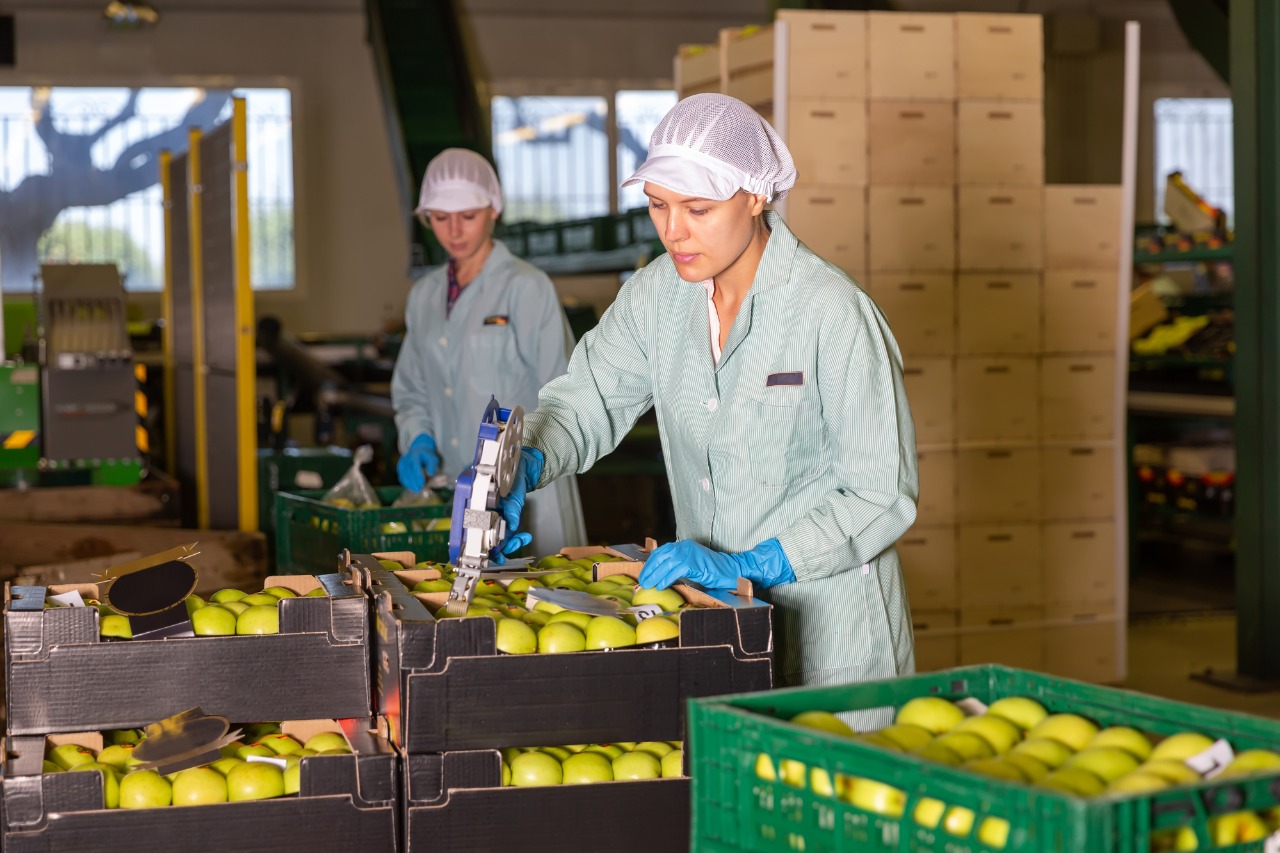Designed to promote agricultural trade, the course is part of the actions of IICA’s International Trade and Regional Integration Program, working in collaboration with the Secretariat for Central American Economic Integration (SIECA), FAO, and the Executive Secretariat of the Central American Agricultural Council (SECAC).

San Jose, 24 May 2021 (IICA) – Registration is now open for the course on international trade and agriculture for the region encompassed by the Central American Integration System (SICA). The course is targeted at civil servants, and people working in the private sector who wish to learn more about international trade policy as it applies to regional agricultural trade.
The virtual, self-taught course is free. Access will be provided via SIECA’s online training platform, and spaces are limited.
Applications for the course “Introduction to International Trade Policy,” aimed at the agriculture sector, should be submitted by 26 May at the latest.
The names of the 40 successful applicants will be published on 1 June and the course will take place from 3 June to 2 July. Participants will have to devote three hours of their time per week (12 hours in total) to the reading of the materials available on the platform, and participation in the discussion forums.
Divided into four thematic modules, the course is designed, among other things, to strengthen the participants’ capacity to analyze the international economic situation, familiarize them with different topics related to regional integration as one of the instruments for integration into international markets, and inform them of new aspects of international trade, especially agricultural issues that impact the SICA region.
The course will also deal with the various trade policy instruments and the operation of the multilateral trading system; and the development of trade mega-agreements in the agriculture sector.
To be eligible for the course, applicants must hold a bachelor’s or postgraduate degree in law, economics, administration, agricultural or food engineering, international relations, foreign trade, or related fields of specialization.
They must also have at least three years’ working experience in the public, private or academic sectors, in activities related to foreign trade or agriculture, or to economic integration in Central America.
Institutional Communication Division
comunicacion.institucional@iica.int











